Description
Lady Fatima Masuma (A) was the daughter of the 7th Imam, Imam Mūsā al-Kāđim (A) and the sister of the 8th Imam, Imam Ali al-Ridā (A). She was a noble lady who dedicated her life to Islam and Allah. She was highly gifted and due to the training of her father and brother, she has achieved a high reputation in history for her knowledge and piety.
She was only six years old when her father was arrested by Hārūn (the 6th Abbasid Caliph) and thereafter, she was brought up under the care of her brother, Imam al-Ridā (A) for twenty-one years.
In the year 200 A.H, Ma’mūn (the 7th Abbasid Caliph) forced the Imam (A) to move from Madina to Khurāsān, in Iran. And so, Lady Fatima Masuma (A) was once more separated from her guardian.
In the year 201 A.H, she decided to leave Madina and travel to Khurāsān to be at the side of her brother, intending to help him in his mission to preach Islam. But regrettably, she never reached him.
The caravan that she was travelling with, was ambushed at Sāweh, where she had to witness the brutal killing of her close family members. As a result, she can be compared to Lady Zaynab (A), who suffered a similar plight in Karbalā.
Lady Fatima Masuma (A) was taken ill at Sāweh. From here, the Shi`a of the nearby Qum brought her to their city, where she spent her last few days, before passing away during the month of Rabī` al-Thānī in 201 A.H.
Lady Fatima Masuma (A) is buried in Qum, Iran. Due to her blessed presence and patronage, the city has grown into a centre of Shi`a learning; a destination for thousands of Muslim students from over 80 countries.
HEAVILY SUBSIDIZED BY WWW.WABIL.COM

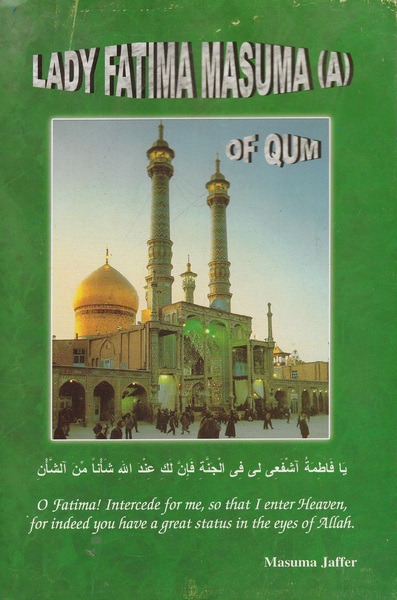
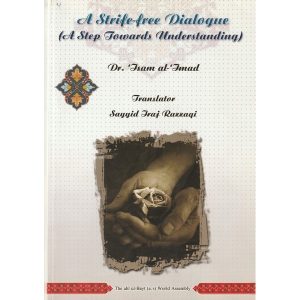

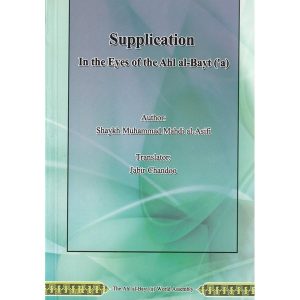
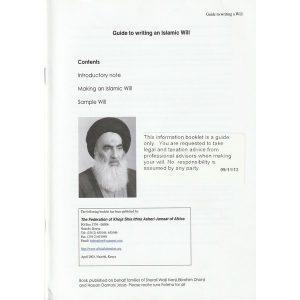
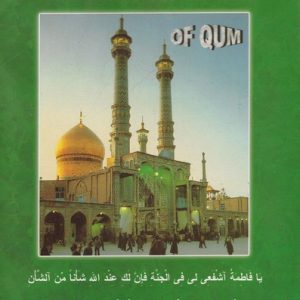
Reviews
There are no reviews yet.